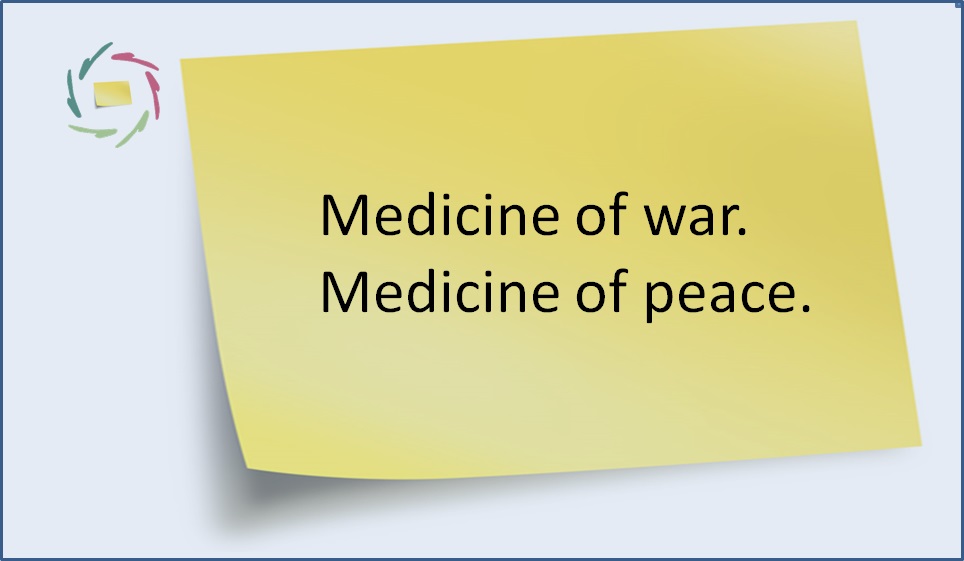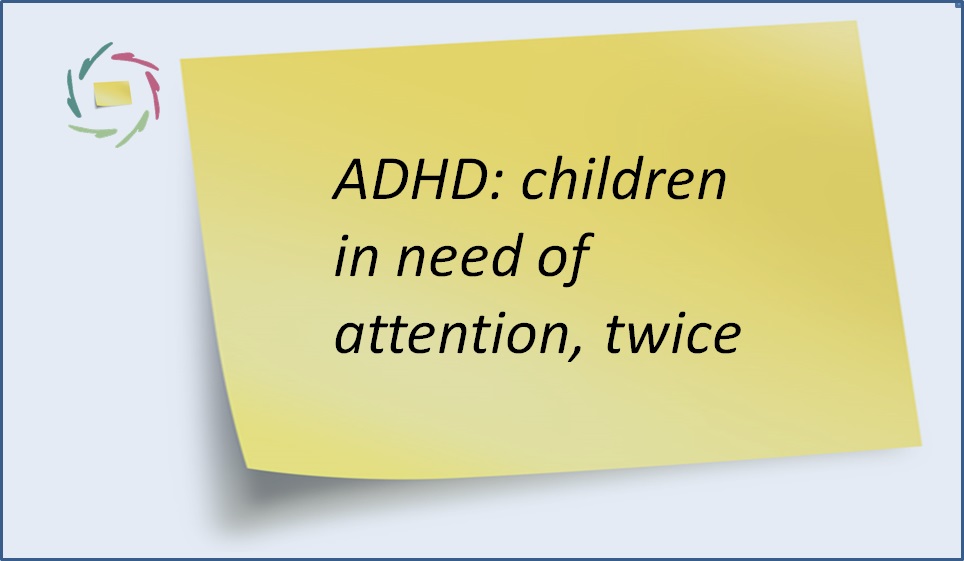The Disease and the Reality

Disease differentiates the healthy from the diseased. Reality is much fuzzier.
Continua
In another blog text, I described diseases as – at least in many cases – continua rather than binary entities. [see: “A Disease is a Continuum, Not an Entity“] There is also a continuum from healthy to ‘diseased.’ I also wrote about disease as multidimensional. This text goes further on the latter.
Perspectives A and B, according to the degree of dispersion:

Dispersed diseases
Autism, for instance, is not this disease that one can have or have-not. ‘Autism spectrum disorder’ is a step in a more realistic direction. Still.
In textbooks like DSM-V, diseases are distinct entities. Each disease is like some meteor that has been found in the universe. One can send a probe that lands on the meteor to investigate it and learn more about its characteristics. It looks like image A.
In reality, such – conceptual – characteristics of autism (or schizophrenia, or depression) are dispersed over the population. One can find some characteristics in this person here, some there, yet somewhere else is someone with a solitary outspoken characteristic, and so on. It looks like image B.
Note that in perspective B, there is a crowding of characteristics in a particular region. The difference between A and B also lies on a continuum.
Dispersed sleep
‘Normal’ conditions also have this characteristic to some degree. Sleep, for instance, is usually a nicely delineated on-off phenomenon. However, there are many conditions in which one or more of its characteristics appear without the others — for instance, sleepwalking, microsleeps, hypnogogic hallucinations, and narcolepsy.
One can lie awake for brief periods at night yet have the impression of lying awake all night, being tired in the morning. On the other side, one can lie awake and deeply rest, being well relaxed and fit in the morning.
Consequences
Looking for causality in both perspectives is very different. In perspective-A, the hunt is for one or more distinct causes, like a nail in a flat tire. Perspective-B more readily lends itself to a much broader view upon causality: as a conglomerate of factors that are as dispersed as the ‘disease’ itself. Perspective-B is closer to thinking in terms of complexity: several causes reinforcing each other on a path towards symptoms.
Management is also different. In perspective-B, the search for ‘the pill’ is, to say the least, less important than the search for how one can dynamically support someone towards self-healing. This is growth, as well as a diminishment of suffering.
Fitting to the goal of Compassion. [see: “Two-Sided Compassion“]
The promise
Proper management holds the promise to guide the person towards health from a broad perspective. Some ‘symptoms’ may rather be positive assets. The ‘diseased person’ is and always has been a healthy – although somewhat atypical – element of a society that values diversity.
People are typically atypical.
And that is perfectly OK.
Eventually, to a considerable degree, being healthy is a choice. [see: “What is Health?“]


